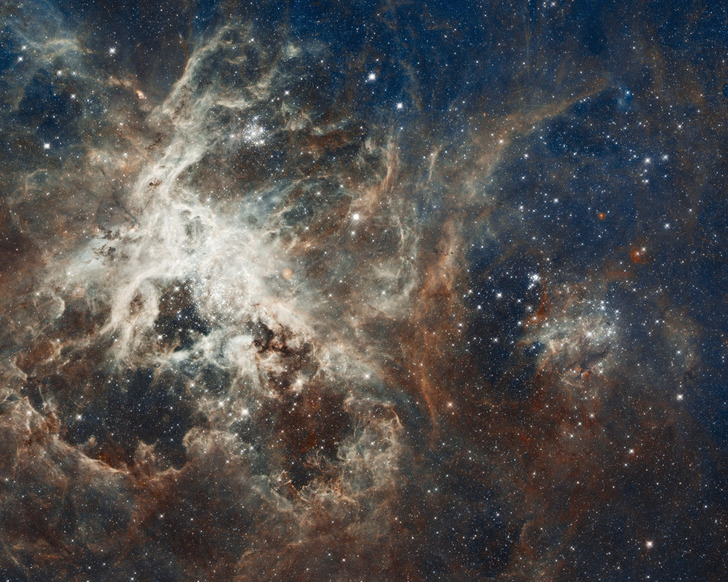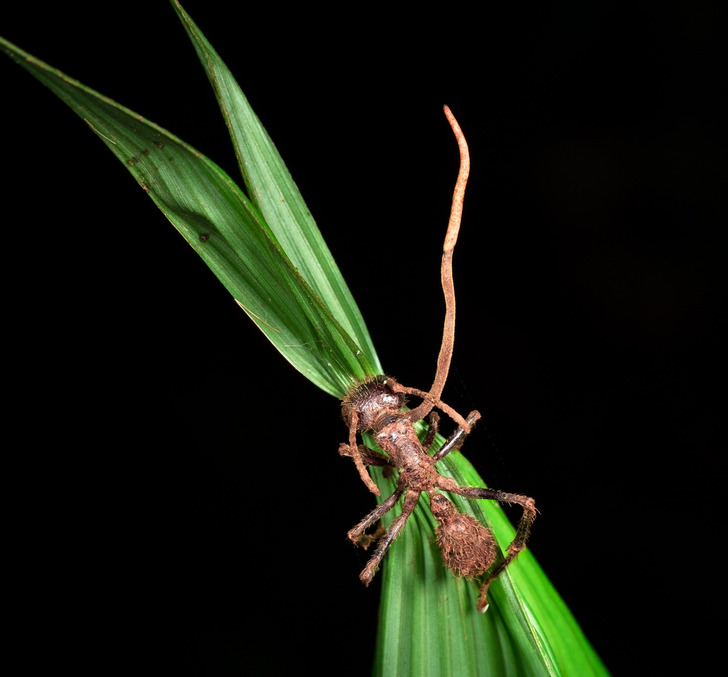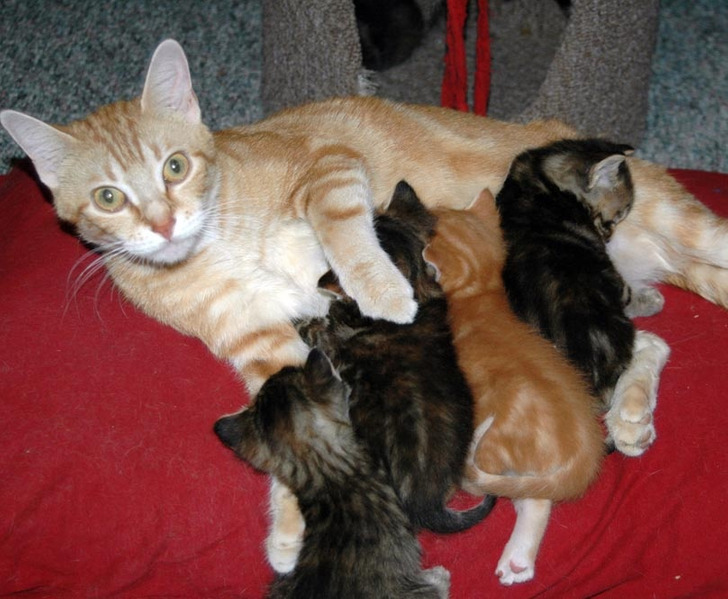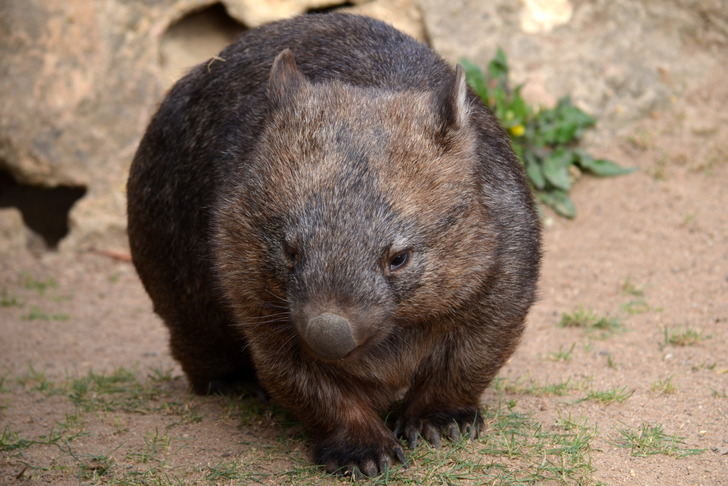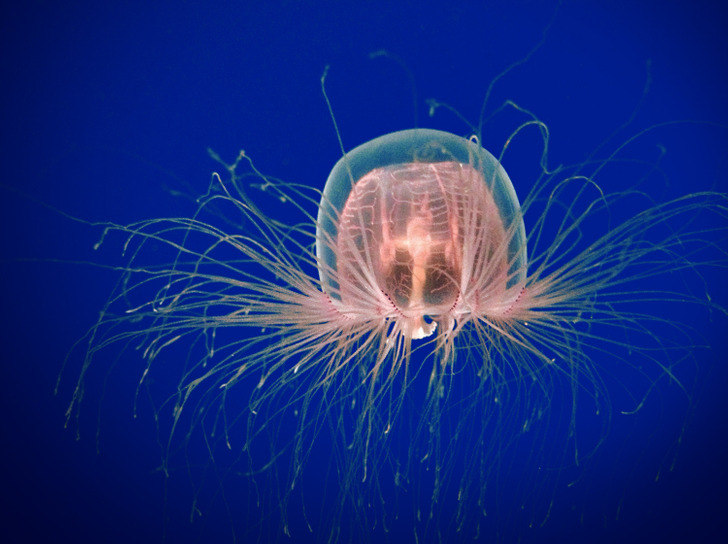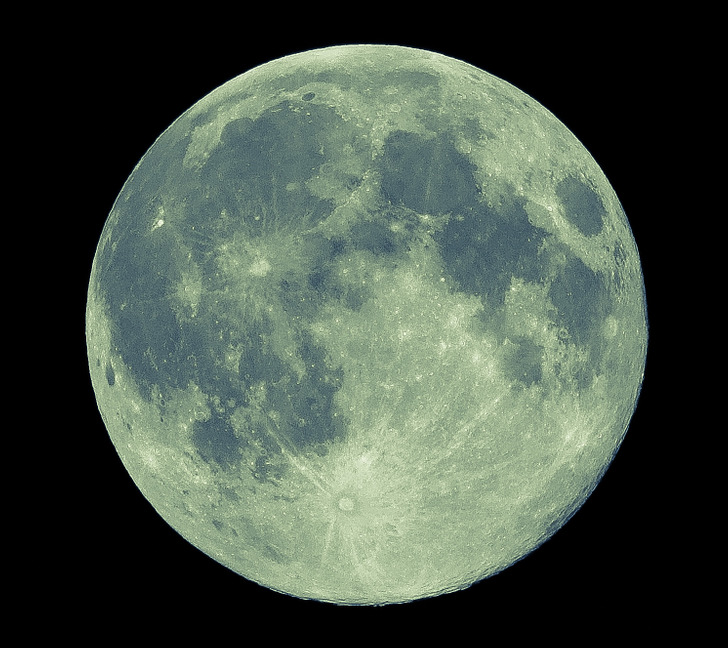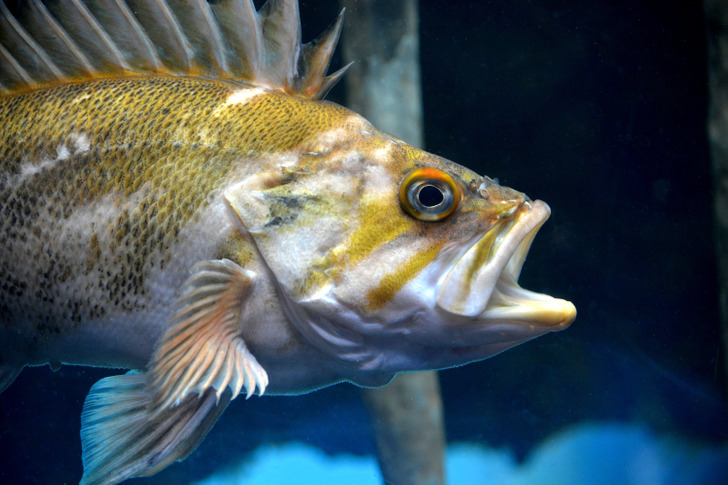9 Crazy Little Facts That’ll Change the Way You See the World
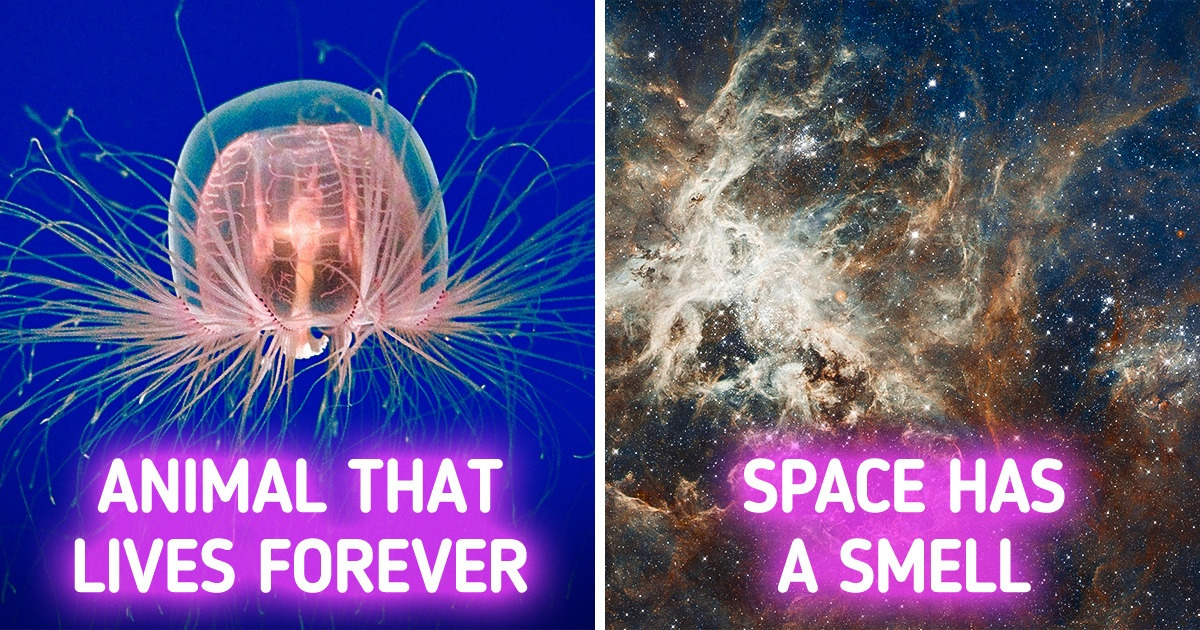
Our world is so amazing that sometimes small innocuous facts can turn our perception of reality upside down. This article was created for the most curious lovers of everything interesting and exciting. Now you have another batch of facts to share with friends at your next gathering.
1. Space has a distinct smell
We can’t smell anything in outer space: we can’t generally breathe without an atmosphere. But astronauts working on the International Space Station have reported that their space suits have a characteristic odor after working in space. They describe it as metallic, similar to the smell of welding fumes.
2. A fungus can turn ants into zombies
Certain types of fungi can infect ants and control them for their own purposes. The ants turn into zombies and do what the fungus needs to grow and reproduce successfully. Insects, against their will, climb high branches and bite into them. They die while attached to the branches. The fungus uses the ants as a breeding ground and forms a fruiting body that will spread its spores into the surrounding environment.
3. Cats can get pregnant by multiple males simultaneously
Female cats reach sexual maturity at about 4 months of age. They ovulate differently than many other mammals. Their reproductive system does not release an egg in preparation for fertilization. Mating stimulates ovulation. During estrus, their body can release several eggs.
The number of kittens in one litter can equal the number of partners. Each of them will fertilize an egg and become the father of at least one kitten. The simultaneous conception of offspring from several fathers is called superfecundation.
4. People can’t sneeze in their sleep
Sneezing helps our body clear foreign bodies from the nose naturally. Nerve signals that indicate discomfort travel from the nostrils to the brainstem. The latter triggers a reflex: the nose gets rid of the particles before they reach the lungs and potentially cause disease.
We cannot sneeze during sleep because the nerves responsible for sneezing are at rest. The brain suppresses this reaction. This is especially the case for sleep cycles with rapid eye movement.
5. Wombat feces are cube-shaped
These small Australian mammals produce feces in a distinct shape. Cubic-shaped feces have a practical purpose. Wombats have poor eyesight, so their primary communication channel is piles of excrement in the most visible places. It is crucial for the animal that the feces remain in place, for example, on a stone or a fallen tree. So the cubic shape helps them to not roll away.
Scientists have been working for years to find out the real reason for the formation of this cube shape. Some suppose that an incredibly long wombat intestine is responsible for this. Leftover food, passing a long way through the gastrointestinal tract, can become very dry and take on an unusual shape.
6. There are animals that can live forever
Today, scientists know of only one species of animal that can be called “biologically immortal.” These are tiny transparent ocean jellyfish Turritopsis dohrnii. They have the superpower to turn back time and return to the early stages of their life cycle.
For most jellyfish, the adult stage, ready to breed, is the last life stage, followed only by old age and death. But Turritopsis dohrnii can do the impossible. When faced with a stressful situation, such as injury or hunger, their bodies can return to the immature phase of their life. This transformation can be compared to the transformation of a frog into a tadpole and a butterfly into a pupa.
7. A tongue print is as unique as a fingerprint
Each person’s tongue is unique. The shape, color, and relief of the tongue’s surface differ from person to person. Even identical twins have different tongues. Scientists suggest using tongue prints as a reliable method of personal identification. The organ is securely hidden from damage in the oral cavity, but at the same time, it can be easily and quickly shown. Also, its prints are almost impossible to fake.
8. The Moon is shrinking and having moonquakes
The surface of the Moon can be compared a grape. It gradually shrivels and shrinks, just as a grape turns into a raisin. The Moon’s interior is gradually cooling down: it has become thinner by more than 50 meters (150 feet) over the past few hundred million years.
Unlike the flexible skin of grapes, the Moon’s surface is hard and brittle. When compressed, the crust cracks, faults form, and moonquakes occur. Scientists note that some are quite strong — about 5 points on the Richter scale.
9. Fish can cough
Land animals cough for many reasons: when they are sick or when they inhale a foreign body or liquid. Fish can also cough. They pass the water over their gills to extract oxygen for respiration. Just like us, they can inhale foreign bodies or substances during breathing. To clear the gills, the fish coughs.
Do you know other small but astonishing facts? Share them in the comments!
